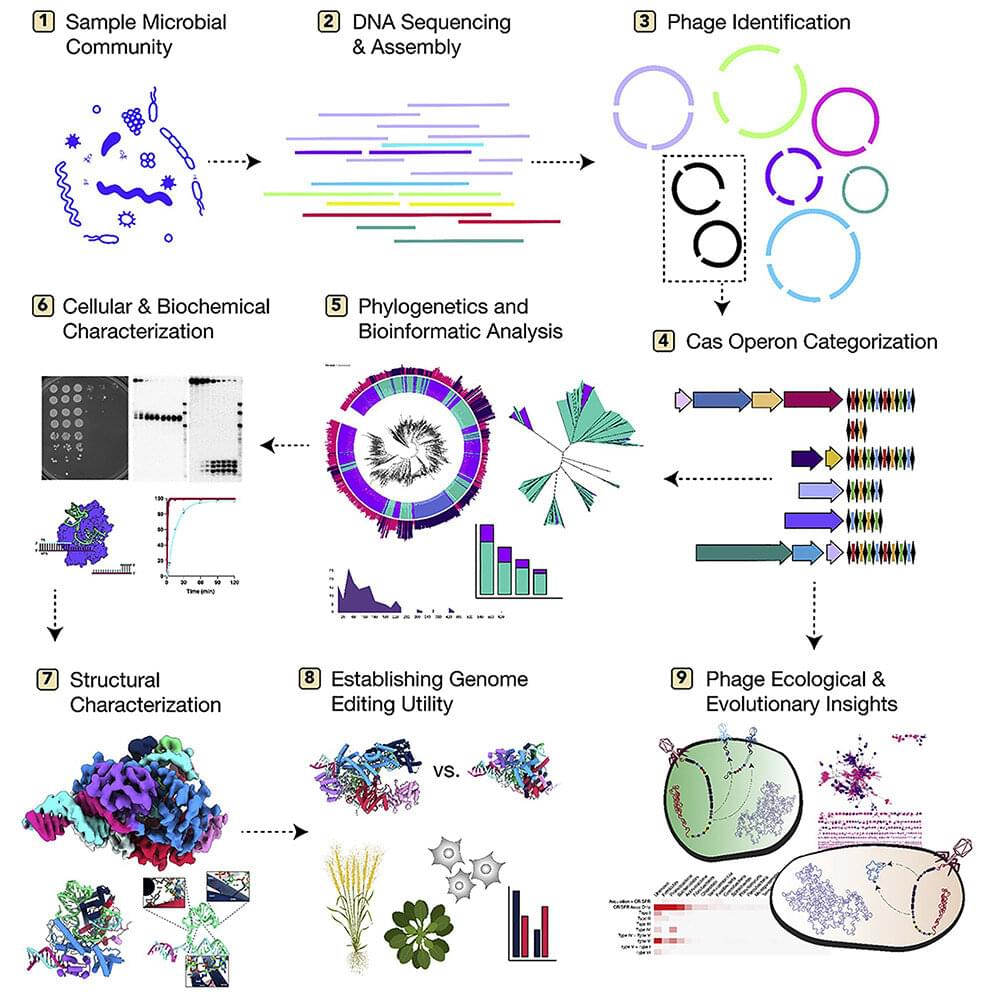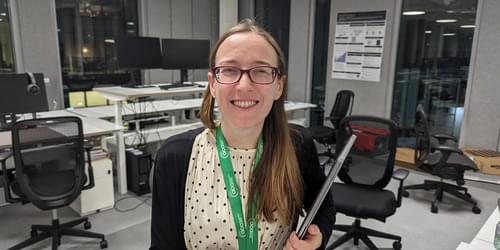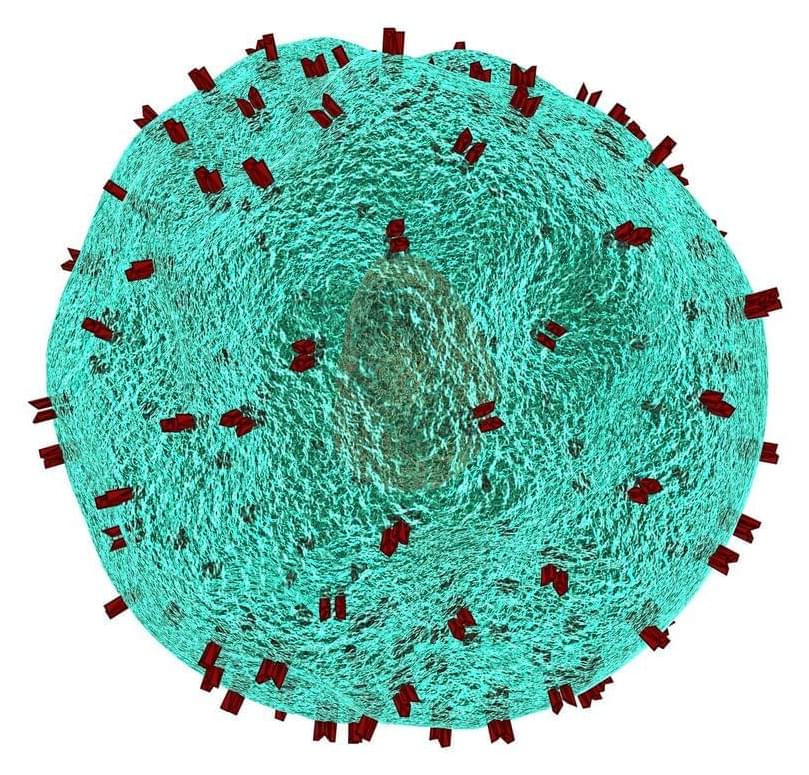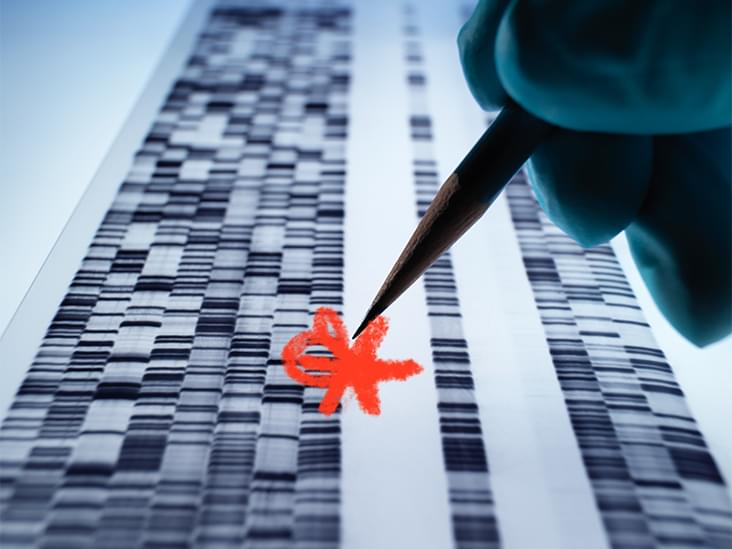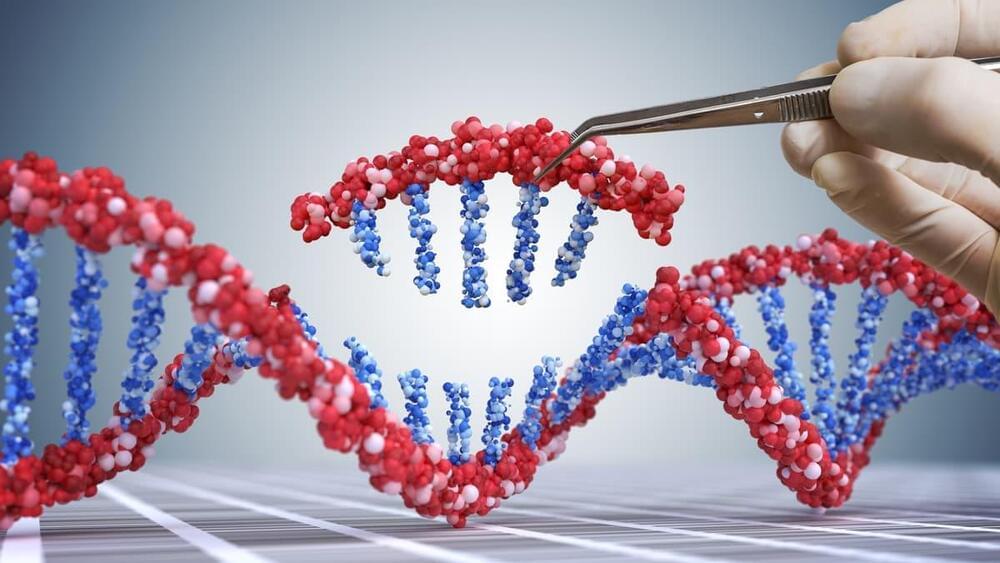Steven Parton [00:00:37] Hello everyone. My name is Steven Parton and you are listening to the feedback loop on Singularity Radio. This week our guest is business and technology reporter Peter Ward. Earlier this year, Peter released his book The Price of Immortality The Race to Live Forever, where he investigates the many movements and organizations that are seeking to increase the human lifespan from the Church of Perpetual Life in Florida to some of the biggest tech giants in Silicon Valley. In this episode, we explore Peter’s findings, which takes us on a tour from cryogenics to mind uploading from supplements to gene editing and much more. Along the way, we discuss the details of how one might actually achieve immortality, talking about senescent cells and telomeres. Discussing whether it’s better to live healthy than to live long. We also discuss the scams and failures that seem to dominate the longevity space, as well as the efforts that seem the most promising. And now, since we’re on the topic of discussing how precious life is, are waste no more of your precious time? So everyone, please welcome to the feedback loop. Peter Ward. Well then, Peter, thanks for joining me. I think the best place to start is in April of this year. You released a book called The Price of Immortality The Race to Live Forever and where I love to start with anyone who’s written a book is just hearing about your motivations for the book. Why did you decide that this was a topic worth exploring?


